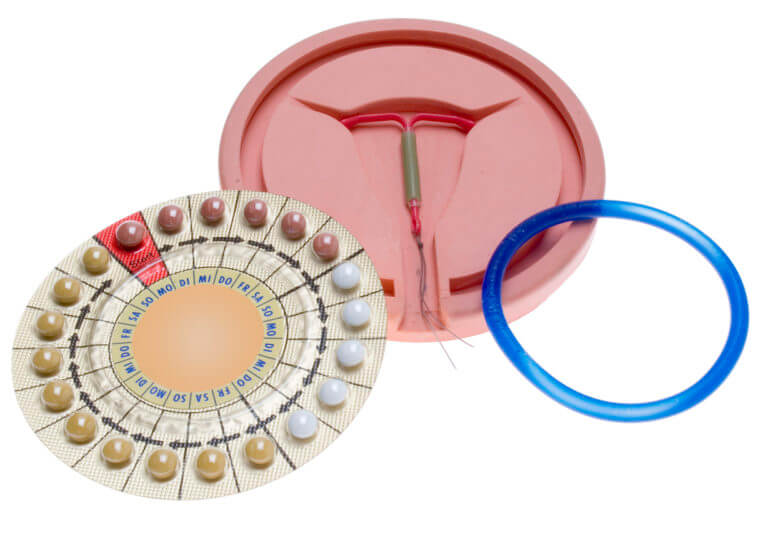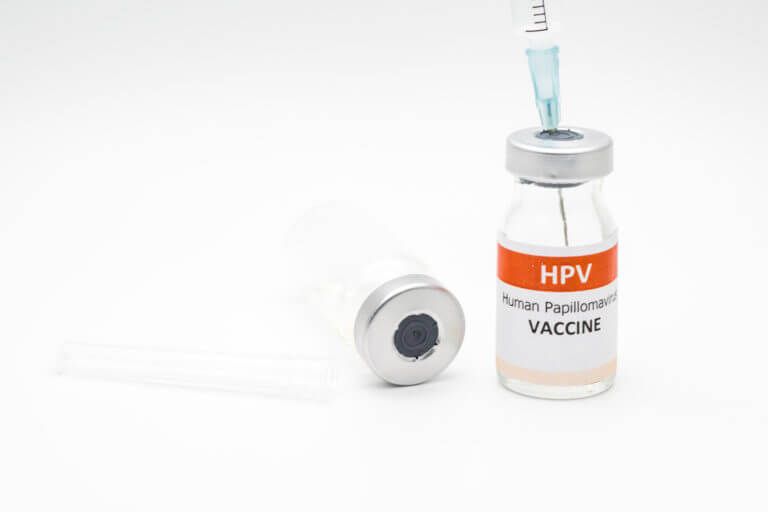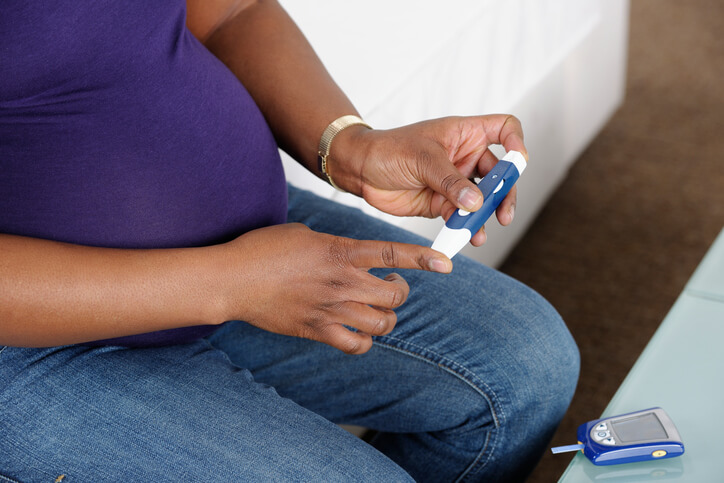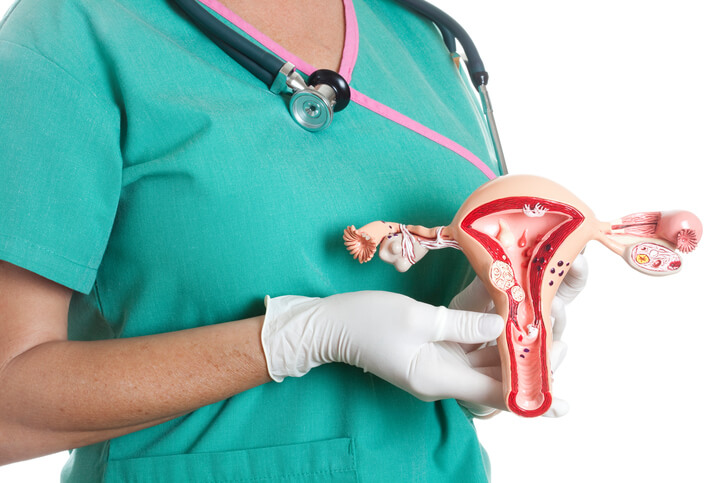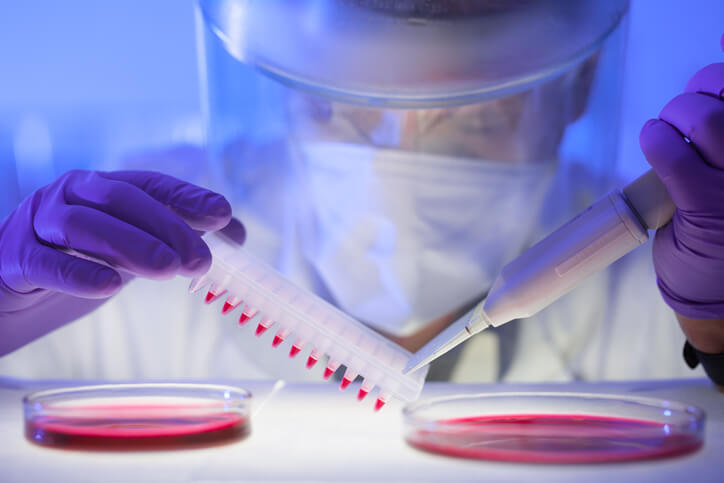While you cannot technically get pregnant, women going through menopause could still be at risk for sexually transmitted diseases and other issues, just as earlier in life. Women affected by menopause should still get regular pelvic and breast exams by their gynecologist each year – this includes a pap smear. If your period starts to
Read MoreQuestions to ask your Gynecologist about Birth Control
If you’re thinking of starting birth control, or switching to a different form of birth control, it’s important to come to an expert with questions you’d like answered. The good news, is that there is a form of birth control that fits every lifestyle. You don’t want to take a pill every day? There’s an
Read MoreShould I Be Afraid of HPV?
Human papillomavirus, or HPV, is the most common sexually transmitted infection. Some types of HPV cause genital warts, and some types cause cancer. But should you be afraid of HPV? As it turns out, HPV is so common that most adults will have it during their lifetime. It’s not curable, but most of the time
Read MoreImportance of Breast Self-Exams
Breast cancer is the most commonly diagnosed cancer in women – in fact, 1 in 8 women will be diagnosed with breast cancer in her lifetime. Breast self-examinations are an important way for women to participate in their healthcare for the detection of breast cancer. Forty percent of breast cancer cases are first detected when
Read MorePregnancy and Diabetes: What to Watch Out For
You are at a greater risk for getting sick when you are pregnant, because your immune system is in a compromised state. It is easy to dismiss all health issues you may be experiencing, and say “Oh it is just because I am pregnant,” and while what you are feeling may be pregnancy related, experts
Read MoreWhat is Uterine Prolapse, and How is it Prevented?
The uterus is a strong muscular organ in the female reproductive system, in an area commonly known as the womb. The uterus is responsible for the development of the embryo and fetus during pregnancy. During pregnancy, the uterus expands in order to make enough room to hold a baby to full term. When it is
Read MoreStruggling With Infertility Doesn’t Mean You’ll Never Get Pregnant
There are so many stories about infertility out there, commonly ones that sounds like this: someone spends a year going through the roller coaster ride of trying to have a baby, hoping it would be their month, but unfortunately their period inevitably came. They keep checking in with the OB/GYN, who tells them that nothing
Read MoreWhat are the Different Types of IUD?
An IUD (or intrauterine device) is a small T-shaped plastic device which is inserted into the uterus as a form of birth control. The devices are both widely used and highly effective, boasting an over 99% success rate. The contraceptive works by releasing either hormones or spermicides into the uterus, thereby preventing the fertilization of
Read MoreHow Often Should I get Tested for HPV?
HPV, or human papillomavirus, is actually a group of over 150 viruses (divided into types and assigned a designating number) that are related to papillomas (warts). Some types of the HPV virus can cause warts, others are connected to certain forms of cancer. Both males and females can get cancers of the mouth and or
Read MoreWhat is Urogynecology?
Women seek obstetrical and gynecological health care at many different stages of their lives for many different reasons, and look for a combination of both highly skilled and compassionate health care qualities in providers and their settings. Women who experience leakage from their bladders or have the “got to go” feeling (urgency) at inconvenient times
Read More

